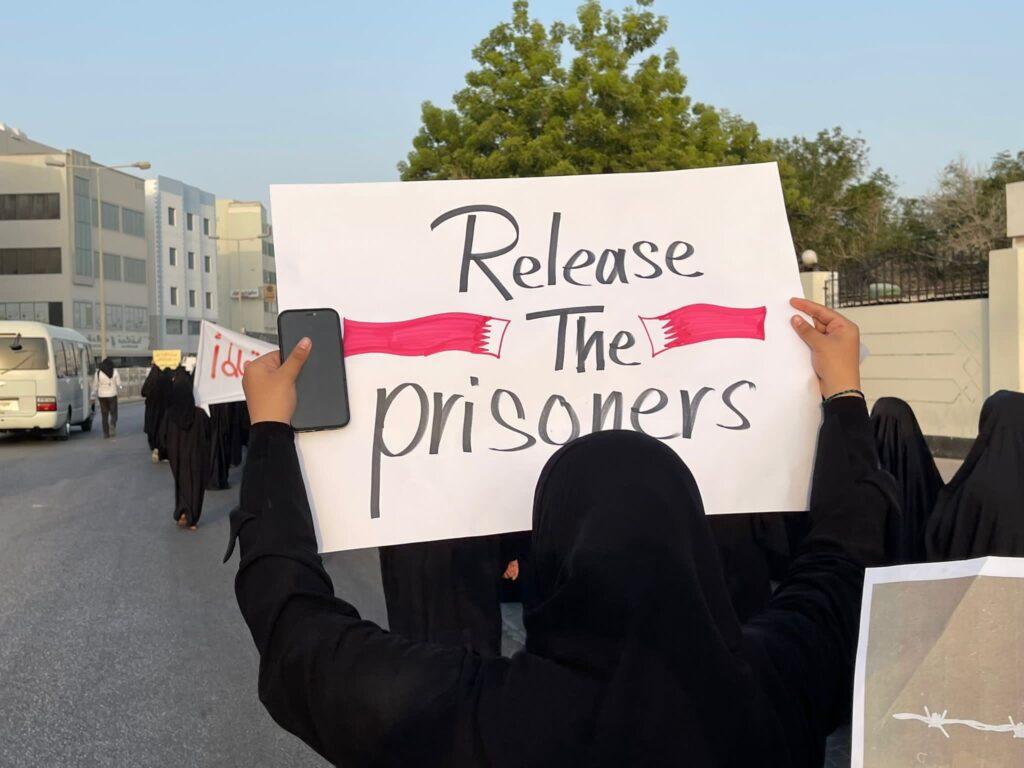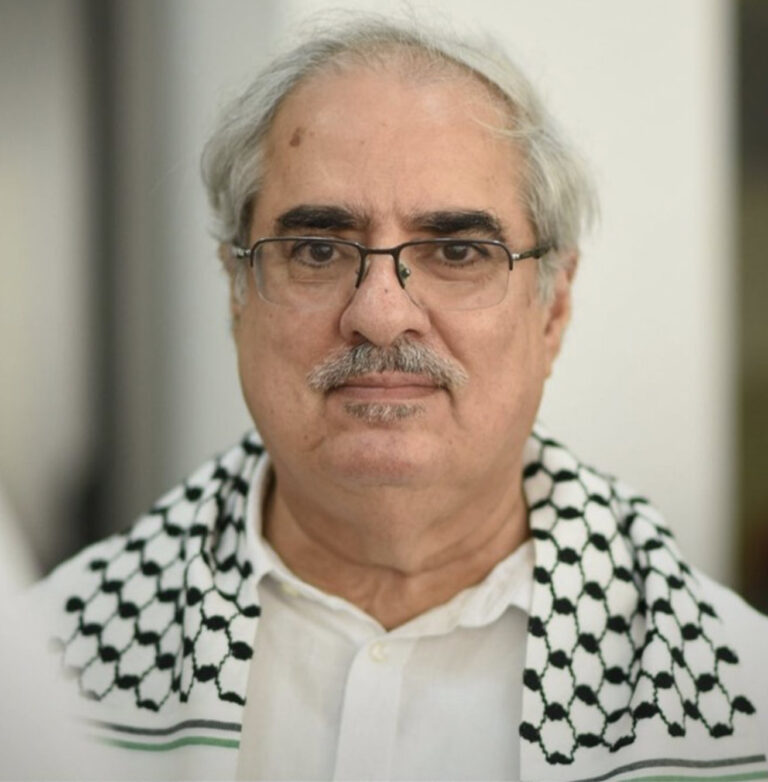Note added on 7 February 2025: The number of 126 political prisoners benefitting from open prisons refers only to the prisoners who were enrolled in the second, third and fourth batches. When this article was first published, it was unclear how many political prisoners were included in the first batch, and given that the total number of prisoners (both political and non-political) qualifying for open prisons was 251, the approximation of 50% is likely to be higher.
As of November 2024, over 340 political prisoners remain imprisoned in Jau Prison, marking the lowest number of political prisoners imprisoned in Bahrain since the crackdown following the 2011 pro-democracy uprisings. Six additional political prisoners are held in other detention facilities.
The Bahrain Institute for Rights and Democracy (BIRD) estimates that 810 political prisoners were included in royal pardons issued by Bahrain’s King Hamad Issa Al Khalifa in 2024:
-
- The first pardon for 1,584 convicted individuals, issued on 8 April 2024, included 650 political prisoners.
- The second pardon for 545 convicted individuals, issued on 15 June 2024, included 8 political prisoners.
- The third pardon for 457 convicted individuals, issued on 4 September, included 150 political prisoners.
A total of 126 political prisoners have benefitted from the open prisons program since its implementation in August 2022, making up approximately 50% of the program’s beneficiaries. On the other hand, political prisoners constitute only 31% of all the convicted individuals pardoned by King Hamad this year.
Moreover, prominent human rights defenders and leading opposition activists who played significant roles in the 2011 pro-democracy uprising were excluded from all the releases this year.
Breakdown of Royal pardon for 457 individuals issued on 4 September 2024
Methodology: These estimates are based on a review of the official list published by the Government of Bahrain, with the names and CPR numbers of the prisoners cross-referenced with BIRD’s database of political prisoners that is kept up to date, and triangulated with the help of released prisoners and their family members.
According to BIRD:
-
- A total of 150 political prisoners (all male Bahraini nationals) were included in the pardon, making up 32.28% of those released.
- A total of 307 prisoners serving drug-related or other criminal sentences were included in the pardon, of whom:
- 196 were Bahraini nationals (184 male and 12 female)
- 111 were expatriates (99 male and 12 female)
Thus, expatriates constituted 24.28% and Bahraini nationals constituted 75.71% of those pardoned.
Male prisoners accounted for 94.75% of those pardoned (433 men) and only 24 women were pardoned.
Alternative sentencing for 340 inmates and open prisoners for 99 more – 23 September 2024
Bahrain’s Interior Ministry announced on 23 September 2024 that 340 inmates will be eligible for alternative sentencing, meaning that their prison sentences will be replaced by a non-custodial sentence. However, political prisoners were excluded from this release.
Additionally, 99 inmates were enrolled in the open prisons program, including 60 political prisoners, all of whom—except for one—were transferred to Building 11 of Jau Prison.
Breakdown of political prisoners transferred for open prisons by building:
-
- Building 6: 8 political prisoners enrolled in open prisons
- Building 7: 1 prisoner offered open prisons but refused
- Building 8: 33 political prisoners enrolled in open prisons
- Building 9: 2 political prisoners enrolled in open prisons
- Building 10: 16 political prisoners enrolled in open prisons
The exclusion of political prisoners from the 340 inmates given alternative sentences shattered the hopes of prisoners and their families, many of whom had been informed by government officials in recent weeks that their loved ones would be released through alternative sentencing.
Reflecting on these broken promises, 77 families members of political prisoners signed onto a statement addressed to Bahrain’s Crown Prince, expressing their disappointment and hoping that efforts continue until all political prisoners are freed (See full statement translated below).
Statement by family members (77 signatories):
“We, the families of prisoners sentenced on political charges in Jau Prison, express our deep disappointment with the recent releases, which included 340 prisoners under alternative sentencing but excluded our sons.
This is despite promises made by the prison administration to the families regarding their release. The Alternative Sentencing Administration had met with our sons, and officers from the Ministry of Interior assured them they would be included in the releases.
However, we were shocked to find that no political prisoners were released from prison under alternative sentencing. Instead, only 60 political prisoners were transferred to the open prisons program.
As the years pass, our sons continue to serve prison sentences that deprive them of their freedom. We were devastated to see Husain Khalil leave the prison not as a free man, but in a coffin.
This year has seen some progress on the issue of political prisoners, and we hope that these efforts continue until all political prisoners are freed unconditionally, including those sentenced to death and political leaders.”
Clarification Notes:
-
- Husain Khalil was the political prisoner who died in Jau Prison on 25 March 2024, and his death prompted a large-scale strike within the prison.
- “Political leaders” or “symbols” refers to leading opposition activists who are held in Building 14 of Jau Prison. It also includes Hassan Mushaima and Abduljalil Al-Singace held in Kanoo Medical Centre.
- Husain Khalil was the political prisoner who died in Jau Prison on 25 March 2024, and his death prompted a large-scale strike within the prison.




